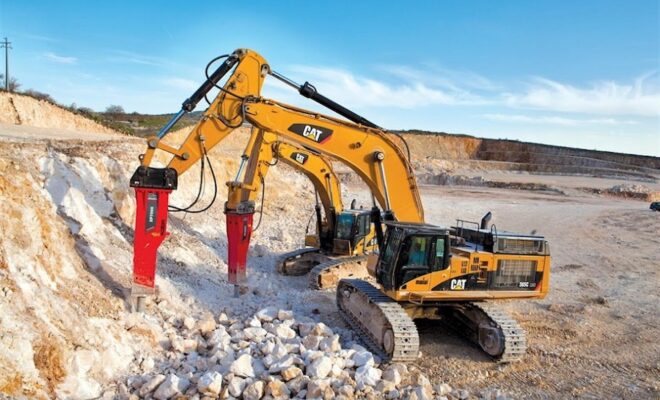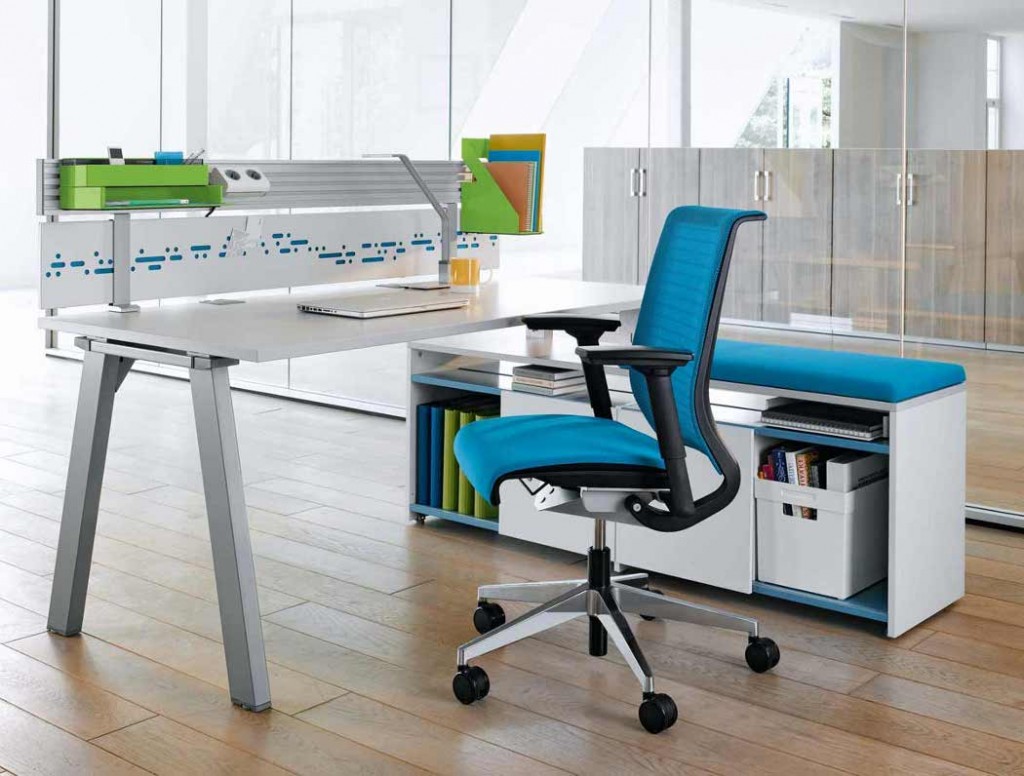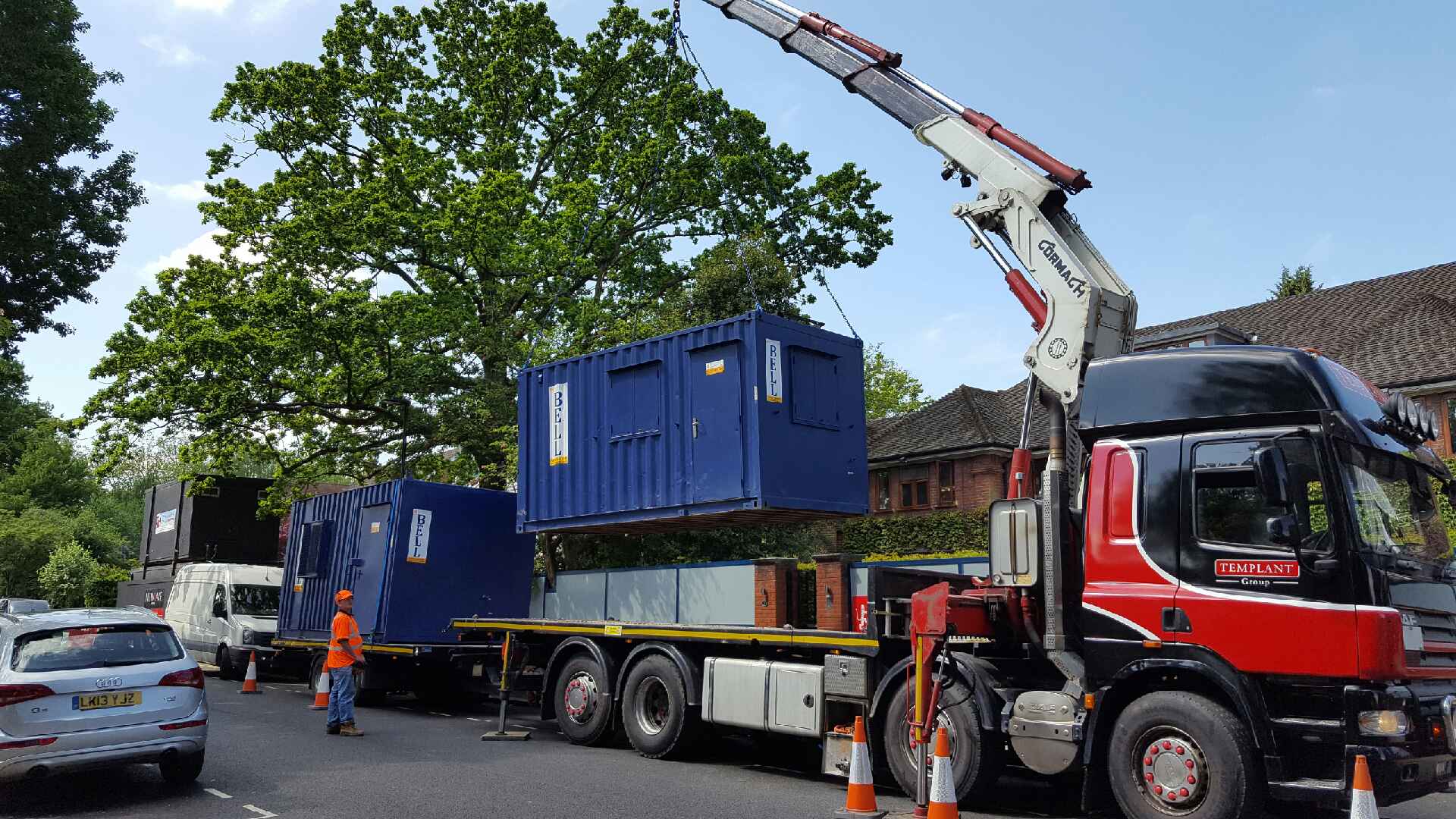How to Choose the Right Hydraulic Breaker for Your Construction Needs

Choosing a suitable hydraulic breaker is key to a successful construction project. In this guide, discover how to match your breaker to your needs by considering factors like machinery size, material type, and energy output. Learn how to ensure your equipment is durable, cost-effective, and suitable. Follow our expert tips to make an informed decision and get the most out of your hydraulic breaker.
Selecting a suitable hydraulic breaker is essential for any construction project. Whether demolishing concrete, breaking rock, or performing roadwork, choosing the right equipment can save you time, money, and effort. Hydraulic breakers are powerful tools that attach to construction machinery like excavators and help break through hard surfaces efficiently. In this article, we’ll guide you through choosing the right hydraulic breaker for your needs, considering factors like size, energy, and type of material. Let’s explore how to make the best choice for your construction tasks.
Understand Your Project Requirements
Before choosing a hydraulic breaker, it’s crucial to understand the specific needs of your construction project. Consider the following questions:
- What type of material are you breaking?
- How thick or dense is the material?
- What is the size and scope of the job?
Answering these questions will help narrow down the type of hydraulic breaker you need. For example, smaller projects may require lighter-duty breakers, while large-scale demolition projects will need heavy-duty breakers capable of handling tough materials like reinforced concrete or large rocks.
Size Matters: Match the Breaker to Your Machinery
One of the most important factors to consider when selecting a hydraulic breaker is matching it to the machinery you already have. Hydraulic breakers come in different sizes, and you need to choose one that is compatible with the carrier (excavator or skid steer) you’ll be using. An oversized breaker can overload the machinery, while a breaker that’s too small won’t perform efficiently.
Check your equipment’s hydraulic output to ensure it can support the breaker. Most manufacturers provide guidelines on compatible breaker sizes for different machine models, so use that as a reference when making your choice.
Energy Output and Efficiency
The energy output of a hydraulic breaker is measured in joules or foot-pounds, and it directly impacts how effectively the breaker can handle different materials. You’ll need a breaker with high energy output for heavy-duty tasks like breaking through reinforced concrete or rock. On the other hand, for lighter tasks such as asphalt removal, a lower energy output may be sufficient.
In addition to energy output, consider the breaker’s efficiency. Some models are designed to provide more impact with less hydraulic pressure, saving fuel and reducing wear on machinery. Using a reliable pressure gauge can help monitor and maintain optimal performance, ensuring equipment runs safely and efficiently.
Consider the Type of Material
Not all materials require the same type of hydraulic breaker. The density and hardness of the material will affect your choice. Here’s a simple guide:
- Soft Materials (e.g., asphalt, soft concrete): A smaller hydraulic breaker with a lower impact force will do the job.
- Medium-Hard Materials (e.g., standard concrete, medium-density rocks): A mid-range hydraulic breaker suits these materials.
- Hard Materials (e.g., reinforced concrete, granite): To effectively break through these, you’ll need a heavy-duty hydraulic breaker that delivers high energy output.
Choosing a breaker suited to the material you’re working with ensures that the equipment lasts longer and performs better, preventing unnecessary wear and tear.
Durability and Maintenance
Durability is a key factor when selecting a hydraulic breaker. Look for a breaker made from high-quality materials that can withstand the harsh conditions of construction sites. The build quality and design should minimise the risk of breakdowns, which could cause costly project delays.
Additionally, consider the ease of maintenance. Some hydraulic breakers are designed for easy servicing, with replaceable parts readily available. This reduces downtime and ensures your breaker performs efficiently throughout the project. Investing in a durable, low-maintenance hydraulic breaker will save you money in the long run.
Noise and Vibration Control
Construction sites can be noisy, and hydraulic breakers are one of the biggest contributors to this noise. If your project is located in an urban or residential area, noise control is important. Some hydraulic breakers have built-in noise reduction features, making them a better choice for these environments.
Vibration control is another consideration. Excessive vibration can damage the equipment and the operator over time. Choosing a hydraulic breaker with vibration-damping features will make the job safer for workers and extend the machine’s life.
Budget and Cost Considerations
Your budget will play a big role in deciding which hydraulic breaker to choose. While high-end models offer advanced features, they can be expensive. However, investing in a high-quality breaker can reduce long-term costs by increasing efficiency and reducing maintenance needs.
For smaller projects or one-time jobs, renting a hydraulic breaker might be cost-effective. Renting allows you to access high-end equipment without the upfront purchase cost. If you’re working on a long-term project, purchasing may be the better option, especially if you anticipate using the breaker regularly.
Environmental Considerations
With growing concerns over environmental impact, it’s worth considering hydraulic breakers that are designed with fuel efficiency and lower emissions in mind. Some modern hydraulic breakers offer improved energy efficiency, reducing fuel consumption and making them more eco-friendly.
Moreover, using efficient hydraulic breakers can reduce your overall project costs, as they require less fuel and reduce the wear on machinery. Always aim for equipment that balances power with energy conservation to minimise your environmental footprint.
Vendor and Warranty Options
Finally, choosing a reliable vendor when purchasing or renting hydraulic breakers is crucial. Look for companies with a solid reputation and a history of providing quality customer support. Many reputable vendors offer warranties on their equipment, ensuring you’re covered for any issues.
In addition to warranties, inquire about service packages that include regular maintenance and repairs. A good vendor will provide you with all the necessary information to make an informed decision, ensuring you get the best value for your investment.
Conclusion
Choosing the right hydraulic breaker for your construction needs is essential for project efficiency and success. You can make an informed choice by considering factors such as the size of your machinery, the material you’ll be working with, energy output, and durability. Additionally, keeping budget, noise control, and environmental concerns in mind will help you select a hydraulic breaker that gets the job done and adds long-term value. Take the time to research and consult with vendors to ensure that your hydraulic breaker meets the specific demands of your project.



















How Your Business Can Benefit From Protective Screens
What Are The Main Advantages Of Using A Marketing Agency?
7 Benefits Of Using Internet Marketing For Your Business
A Guide To Advertising A Brand New Business